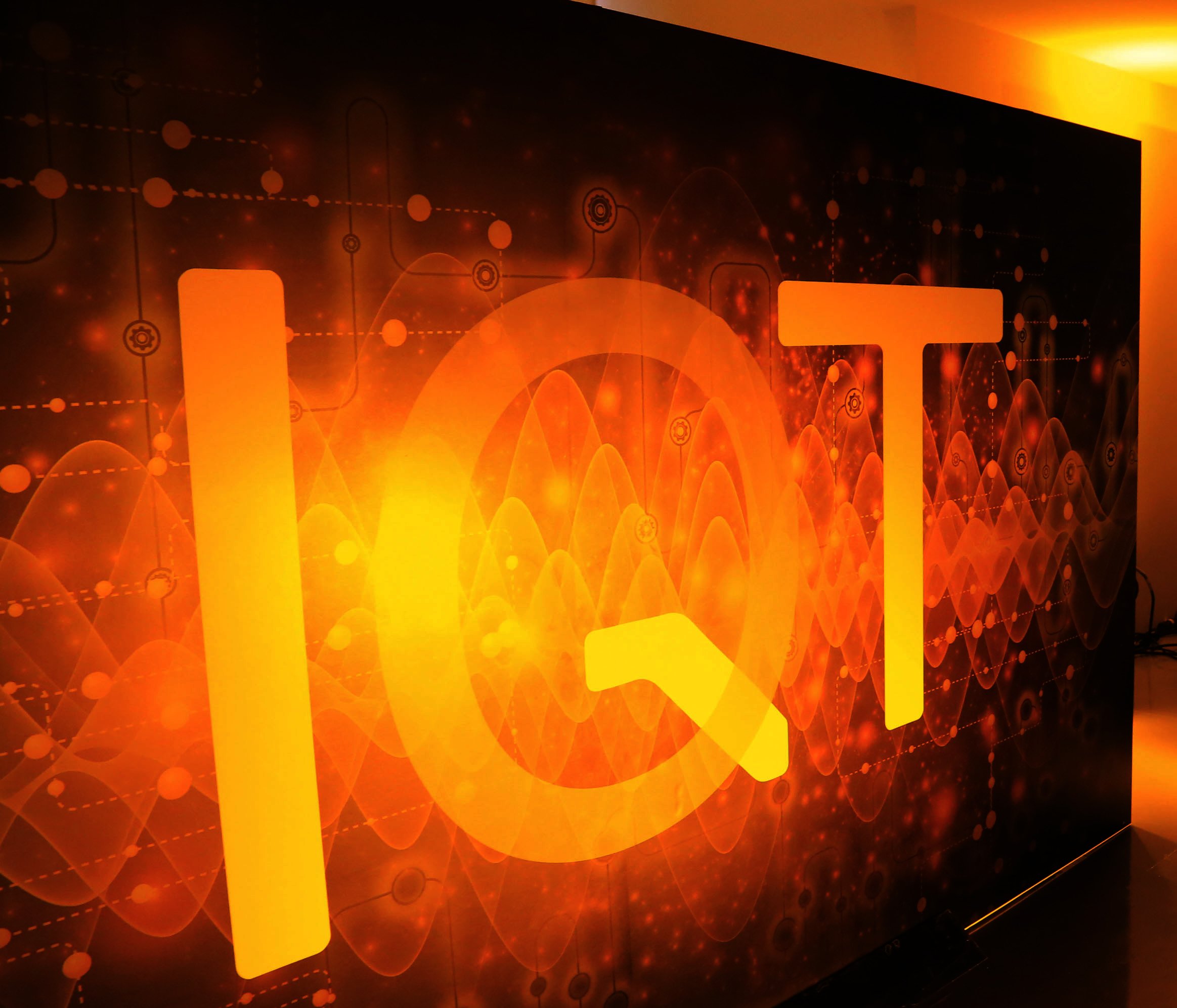Dell Technology’s IQT strategy event, held last week in New York, may only have been a day long, but it was certainly packed with plenty of information, with much of it going beyond the usual Internet of Things (IoT) hype.
The day began with a focus on collaboration and innovation and how the company is working to connect with an external innovation system that includes IoT, machine learning and artificial intelligence (AI).
Scott Darling, the president Dell Technologies Capital, explained that even as there is an abundance of innovation taking place within Dell Technologies, there are many other companies focused on a particular arena that Dell does not directly address, but instead chooses to invest in.
And at $100 million a year, Dell Technology’s investment in these types of companies is a significant one. It was our first glimpse into how seriously it is taking the IoT megatrend, it was certainly not our last. A brief overview as to what each company was doing - and why - demonstrated how impactful machine learning, AI and IoT, when combined, could be.
The fight against failure
To this end, the first company highlighted was Moogsoft, which aims to assist in the birthing of a thinking computer using AI and machine learning. Phil Tee, Moogsoft’s chairman and CEO, pointed out that the industrial revolution had a worldwide impact, ultimately lifting people out of squalor and increasing their life expectancy. The problem, he noted, is that this momentum seems to have run out of steam.
“Today, we are facing a number of existential problems, from dealing with antibiotic resistance, climate change and how to feed nearly 10 billion people. It feels like we have reached a limit to human ingenuity to address these problems, and that we need Industrial Revolution 2.0,” he asserted.
Aspirations and obstacles
Tee continued that whereas the first industrial revolution was characterised by mechanisation and urbanisation, Industrial Revolution 2.0 is going to be characterised by machines that extend the reach of our brain, augmenting what we can accomplish by using a thinking computer.
He warned that this lofty goal is clouded by complexity, because the birthing of an intelligent computer really depends on digitalisation being mainstream, while the rush to deploy networks and virtualisation is where the potentials offered by machine learning and AI will be given birth to. “Complexity is a genuine threat - whether it is banks having issues with IT, or the inability to book flights. Our systems use AI and machine learning to try make sense of that complexity, and use algorithms to get inside the infrastructure that people are deploying to understand all this virtualisation and detect issues before they become systemic failures. We deploy range of machine learning products, from supervised to unsupervised, to spot these problems, deal with them before they become an issue which may cause the next systemic cloud failure which takes out dozens of banks,” he elaborated.
Plenty more to come
The next couple of companies that Dell Technologies has thrown venture capital behind, highlighted in part two, dealt with the ever-relevant issue of security, along with how hardware, married to analytics, could giving critically ill infants a better chance at life.





